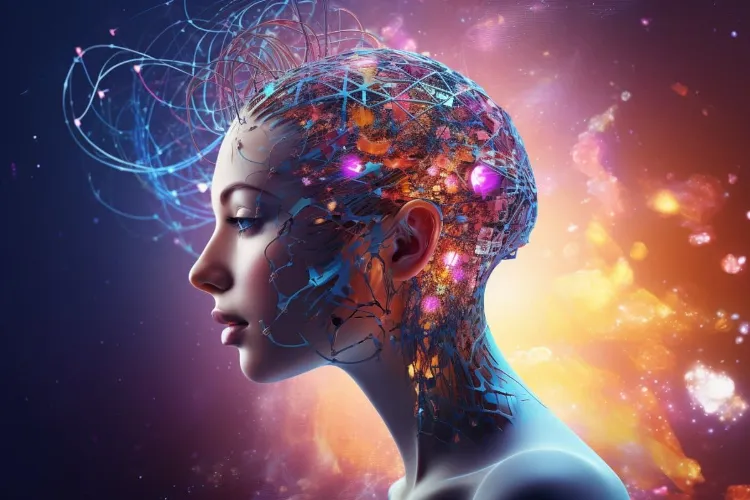
New Delhi
The Artificial Intelligence revolution is replacing cognitive abilities of humans with machines at an exponential rate, and 10 years on, jobs would be offered on the basis of what humans can do that a machine cannot, Padma Shri awardee scientist Ashutosh Sharma said on Saturday.
Delivering the keynote address at the "Open House" session of the Indian Institute of Technology (IIT), Delhi, the scientist, who is also the former secretary of the Department of Science and Technology, said it doesn't matter what kind of science and technology we pursue; AI is going to impact it, along with every aspect of our lives.
"The first Industrial Revolution replaced manufacturing from hand to machine. That's what is happening now with the AI revolution. This is replacing the cognitive abilities of the human mind with machines. So, this comes full circle, saying that look, what is the relation of a human to the production, whether physical or intellectual," he said.
Sharma said all is replaceable -- writing a good novel or poetry, producing a work of art, among other things -- and it is, in fact, being replaced “at an exponential rate”.
He said a difficult question will have to be asked 10 years from now. "What is it that a human has, which a machine does not? Now, this is not an easy question, and jobs are going to be offered on the basis of this," he said.
Sharma further drew attention to the bottom rung of hiring at all the top computer and IT companies and noted that it has "disappeared", as it's replaceable. "This is going to seep upwards," he warned.
"...everything you are doing, whether you are a designer, interior designer, lawyer, it is going to be impacted in a very substantial way... Certain kinds of jobs are going to disappear, but new opportunities may appear. So, what kind of mind would be required to meet these challenges? Do we have that mind now? Is our education addressing those points?" the scientist questioned.
Emphasising that it doesn't matter what the education is or isn't doing, he said it is the individual's responsibility to understand and meet those challenges squarely.
"First of all, you must understand that all our education is basically exam-centric. So, it's a necessary evil," he said.
However, education does not equal learning, he noted.
"I know lots of people good at taking exams, but they cannot solve the problem. Solving a problem requires synthesis, not analysis. Now, because I learn from chapter to chapter, from exam to exam, from semester to semester, or from degree to degree, there is no synthesis.
"So while all the education is based on analysis, there is no understanding of the synthesis aspect. How do we develop that?" Sharma asked.
ALSO READ: Sheetal Devi in national team is a dream come true for para archer
"It's not about the content of what has been taught; learning is about the process," he added.
